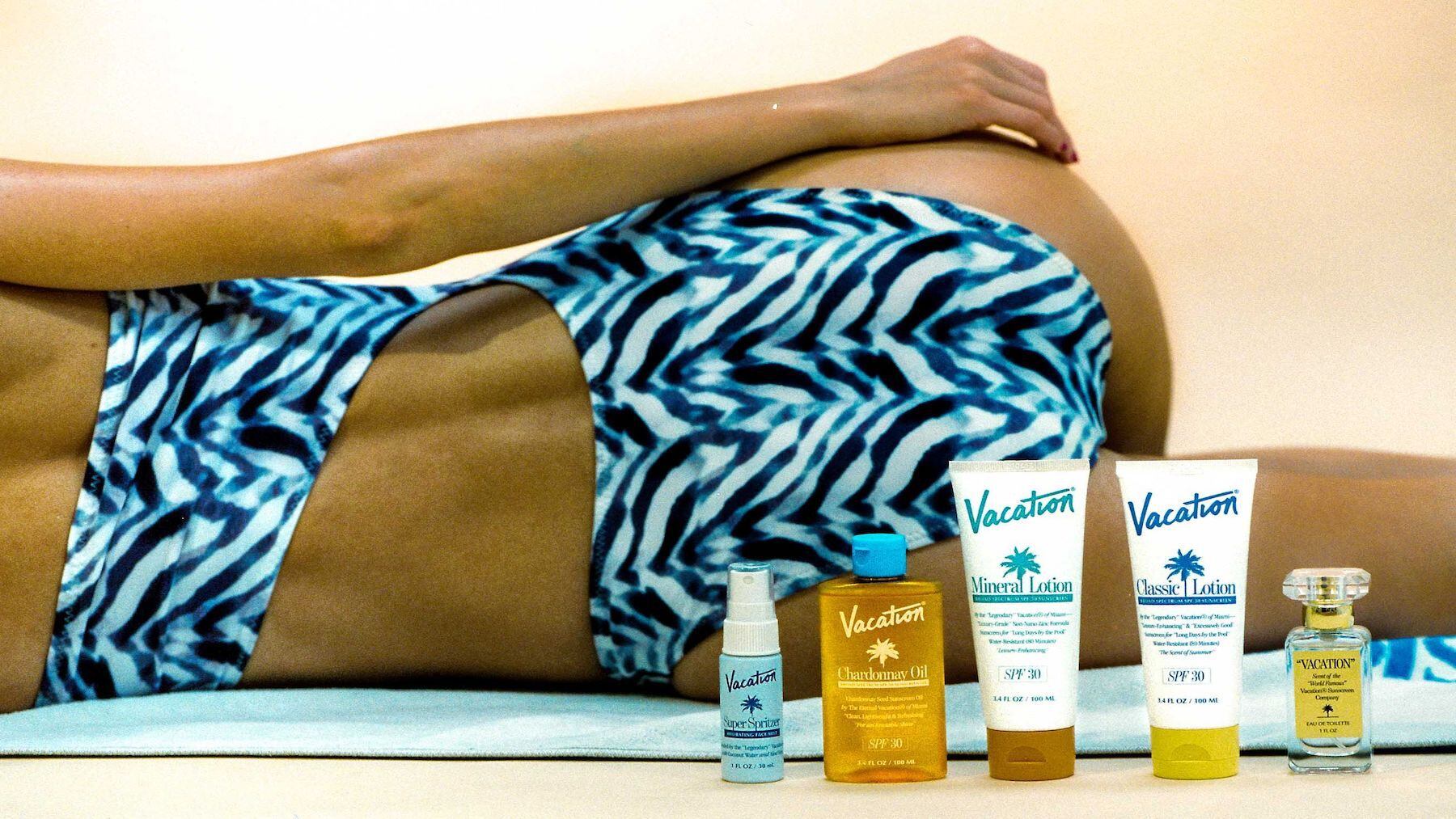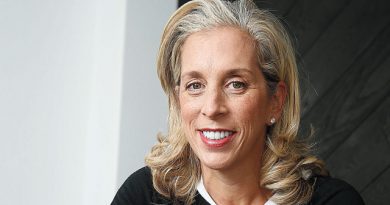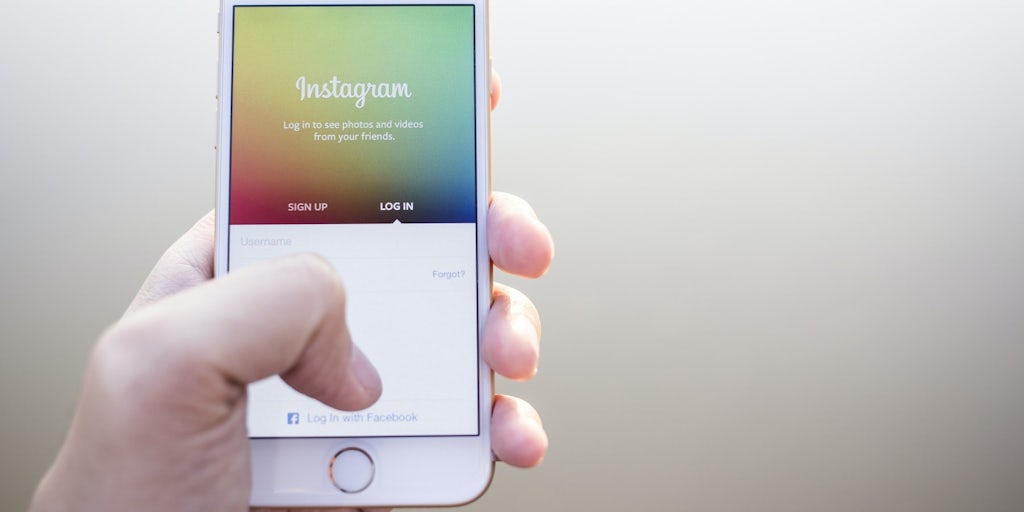How These Two Brands Raised Nearly as Much From NFTs as VCs
A little-known sunscreen brand with fewer than 25,000 Instagram followers played host to two of the hottest events at this year’s Art Basel Miami.
The brand, Vacation, hosted two parties alongside Poolsuite — a sister project that operates as an app and website featuring an always-on “internet radio” — during the four-day fair and was able to compete with the likes of Louis Vuitton and Prada in attracting thousands of attendees to its events, in large part by tapping the crypto community. Ahead of the party held at The Standard hotel, Poolsuite sold 2,500 NFT (non-fungible token) “Executive Member Cards” to followers and fans for .2 ETH each (roughly $800 depending on the day).
Purchase comes with access to the Poolsuite “members club,” which allows for early access to Vacation brand drops and upcoming events. Reddit co-founder Alexis Ohanian and DJ Diplo are among Poolsuite NFT holders, the latter of whom tweeted an image of the digital card, gifting the brand a free marketing moment. Poolsuite also gave some of the NFTs to groups like Boys Club, a social club for women who want to learn about cryptocurrency and Web3, referring to the next era of internet innovation.
With those NFTs, Vacation was not only able to attract attendees to its event and attention to its brand but raise meaningful capital. The sales totalled 624 ETH, or about $2.6 million including royalties from aftermarket sales — nearly as much as the company has raised in venture capital funding from investors. The money will be used to build out a tech production studio in order to “build things with all the new Web3 technology that’s emerging at the moment, with the intention to turn Poolsuite into the wildest tech company on the web,” said Poolsuite founder and Vacation creative partner and co-founder Marty Bell.
Vacation, still a relative unknown, attracted attention by way of its sister project’s cryptocurrency experiment but also by breaking through the noise at one of the industry’s buzziest events, a prime example of how digital metrics of engagement and success — like number of Instagram followers — are becoming less important than creating a product or service that actually offers its community value. Instagram may have built the last generation of beauty brands, but Vacation’s betting there are other ways to effectively build community online.
Finding Room on a Crowded Beach
Vacation launched in Spring 2021, entering the sunscreen market, a successful but still niche category, which grew at a rate of 9 percent in 2020 as prestige skincare declined 11 percent that same year. It grew as an offshoot of Poolsuite (formerly known as Poolside FM), a website and app with 200,000 downloads that operates a music streaming site playing summer-themed songs 24/7.
Vacation embraces a similar, summer-fuelled aesthetic, which executive partner Lach Hall describes as “resort.” The brand fuses 1980s advertising tropes like condensed serif typefaces, still-life product imagery and tropical teal hues with a dose of irony to create a “nostalgia-fuelled brand world that unapologetically celebrates a life of leisure.”
Much of the brand’s creative assets come directly from the period: Hall and Bell were looking for photos to include in their pitch deck to investors when they discovered a trove of images on the photo-sharing website Flickr of Club Med, the popular all-inclusive resort that helped define the era. Hall and Bell reached out to the owner of the photos and purchased the rights to the images, which depicted family vacations over the course of three decades. The man still sends photos of his most recent family vacations, they said.
“We asked ourselves, ‘What happened to sunscreen?’ and ‘Why is sunscreen so boring?’” Hall said of envisioning how the Vacation brand would enter the market. “It used to be a hell of a lot of fun. Then it got medicinal. Then it got commoditised, then beautified.”
Today, sunscreen is usually positioned as either prestige (think Supergoop, whose Unseen Sunscreen product retails for $34) or mass-market (drugstore brands like Coppertone dominate this space and retail for about $10). Vacation priced its hero product squarely between the two at $20, but also made it available for purchase at trendy retail outposts like Kith or The Standard hotels. (Hall said he aims to make Vacation available in drug stores, too.)
To date, Vacation has relied on a mix of performance marketing, including paid media, events and sponsorships, as much as word-of-mouth to power its growth. The brand has done little paid influencer marketing — though they do gift product to influencers — and intends to “step up” its email and SMS marketing next year. By operating alongside Poolsuite, Vacation also captures the halo effect that comes with a music project, which often positively influences how consumers think about a brand.
“It’s a true word-of-mouth brand: everyone who knows about Vacation heard about it from a cool friend,” said one of the attendees at its Art Basel Miami party.
Hall said the brand takes care with each touchpoint, focusing on the details that other brands might overlook. For example, customers who place an order on the brand’s website receive the product in a paper pharmacy bag, as if the person stopped by the drug store on their way to the beach. Order confirmations are printed on perforated receipt paper that comes straight from vintage printers that Hall and Bell hunted down and purchased themselves because they couldn’t find a fulfilment centre that had the obsolete technology.
Before the NFT project, Vacation enticed people to sign up for its marketing emails by offering them a fictional role in the company and their own business card, affixed with titles like “shrimp cocktail designer” or “martini stained bathrobe authority.” Over two days, 12,000 people signed up for these “jobs,” giving the brand access to their email and phone number, where they then received SMS updates about new product drops and brand announcements — like when the “office Christmas party” is scheduled.
“It’s given us a whole personality, this role-playing that we’re doing around how we communicate with that community,” Hall said.
To be sure, Vacation is still a small brand according to traditional measures: it has 23,000 Instagram followers (Poolsuite has 94,000). It’s raised just over $4 million in funding since 2019, $3 million of which closed in July 2021. But it’s riding high on organic momentum and exuberance around the future of community building: the brand said it hit its sales targets within three months of launch for the whole year and recently launched three scented candles to avoid the sales lulls that can accompany selling a seasonal product.
“There’s 35,000 different products and sunscreens on Amazon. What are we doing differently?” Hall said. “Our competitive advantage is actually making sunscreen fun.”




